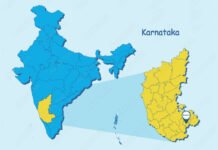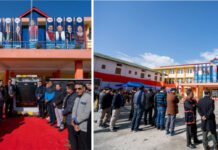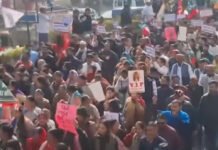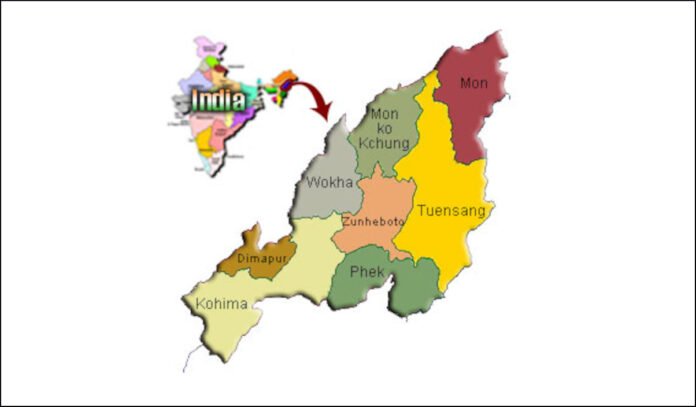A recent media report published on Wednesday said that four influential Naga civil society organisations have jointly issued a 20-day ultimatum to the Central Government, demanding immediate reversal of the recent abrogation of the Free Movement Regime (FMR) and a halt to the ongoing border fencing along the Indo-Myanmar border. The report published in The Assam Tribune newspaper stated they claim the Centre’s actions infringe upon traditional rights and cultural ties of Naga communities living on both sides of the international boundary.
The ultimatum, jointly issued by the United Naga Council (UNC), Naga Women Union (NWU), All Naga Students’ Association, Manipur (ANSAM), and the Naga People’s Movement for Human Rights-South (NPMHR-S), was formally submitted to Prime Minister Narendra Modi and key Union ministers through the Governor of Manipur, Anusuiya Uikey, the report said.
The organisations have warned that if the government fails to respond positively within the 20-day window, they will be compelled to intensify their protest campaigns across all Naga-inhabited hill districts in Manipur. “Should the demands remain unaddressed from the date of this ultimatum, we shall be compelled to resume our protest movement in stronger measure,” the report quoted the Naga bodies as saying.
The core issue revolves around the Centre’s decision to scrap the Free Movement Regime, which earlier allowed residents of border villages on both sides to travel up to 16 km into each other’s territory without visas. This provision had long enabled Naga families, clans, and tribes separated by the India-Myanmar border to maintain cultural, social, and economic ties.
The report went on to say that, the groups have also expressed strong opposition to the accelerated fencing of the Indo-Myanmar border, asserting that the construction is cutting through ancestral Naga lands without the consent of local Indigenous communities. They argue that both actions violate Articles 8, 26, and 36 of the United Nations Declaration on the Rights of Indigenous Peoples (UNDRIP), which India has endorsed.
“We submit this ultimatum with deep concern and anguish, expressing our strong resentment against abrogation of the Free Movement Regime (FMR) along the imaginary Indo-Myanmar border and the accelerated ongoing border fencing construction across the ancestral Naga homeland,” their statement read.
According to the organisations, the Centre’s actions have disregarded the historical and cultural continuity of the Naga people, many of whom have relatives and ancestral roots spread across both sides of the border. They contend that the demarcation line is an “imaginary boundary” arbitrarily imposed by colonial-era treaties that ignored Indigenous perspectives.
To date, the Naga groups claim to have exhausted several democratic means of protest, including issuing public statements, picketing government offices, organising demonstrations across Naga hill districts, and submitting memoranda to various authorities. Despite this, they allege, the central government has not initiated any meaningful consultation or review.
The protest is gaining traction at a time when concerns over Indigenous rights, border management, and regional stability are increasingly drawing attention in Northeast India. The Naga organisations have reiterated their resolve to protect their ancestral lands and way of life, warning that the imposition of unilateral border policies could lead to serious unrest.
There has been no official response yet from the central government regarding the ultimatum, the report added.

























